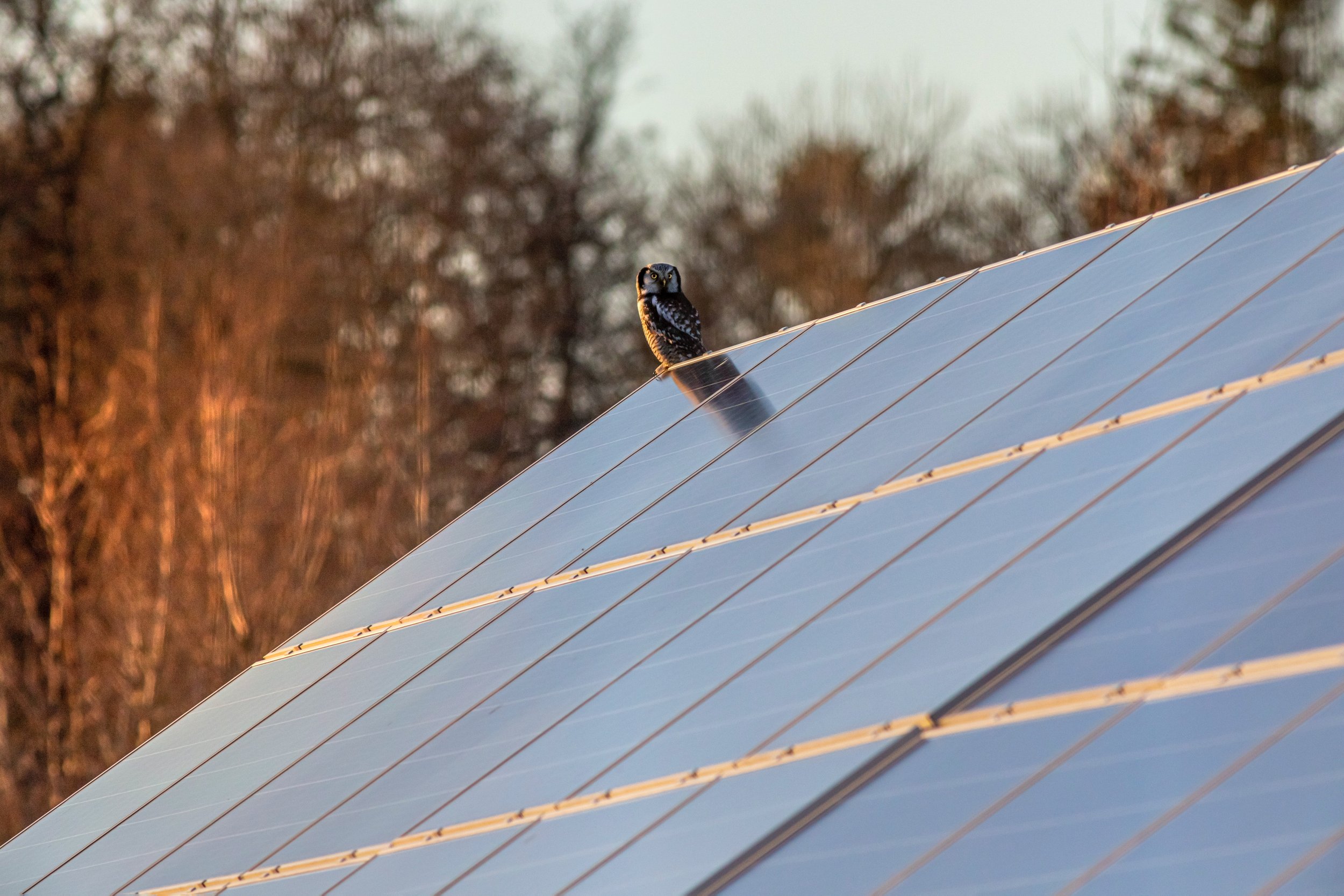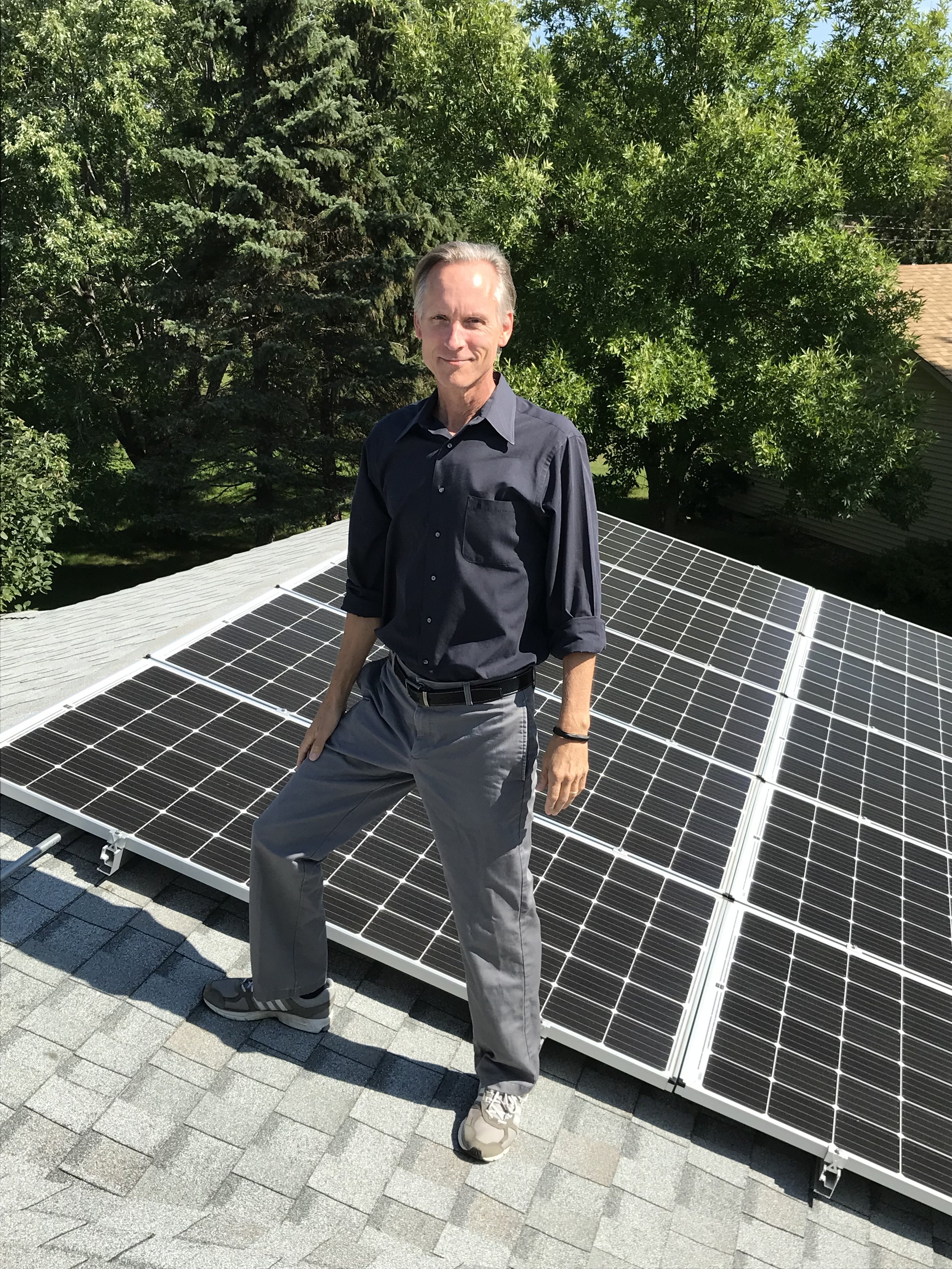Solar Energy is Our Future (7/24/2022)
Have you been stressed about your energy bills this year? Many people are - fossil fuel energy prices are a very volatile commodity around the world. Right now wind power is the cheapest form of energy that exists. All of our major energy producers are moving away from coal to build more wind turbines because of the cost savings. Energy producers are also building and planning for more solar arrays. Solar energy is projected to become cheaper than wind energy within just a few years.
There are a number of legislative proposals - some that have passed, some that have not - that would assist individuals, schools and businesses to utilize and reap the benefits from solar power.
Solar on Schools
One program that has been popular around the state of Minnesota is the Solar on Schools bill. I co-authored this bill that passed in 2019. This legislation allocates money for schools to install solar on their roofs. Schools can apply for funding based on their need. This program is so popular that allocated funds ran out in a matter of months!
There are many reasons a school may choose to install solar panels, but chief among them is energy costs. After staffing, energy is typically the most costly expense a school incurs. Therefore, investments in solar energy will free up much needed funds in our schools. Up to 75% of current energy costs could be reallocated for classrooms.
In the US, K-12 schools spend 6 billion dollars a year on energy costs. For Higher Education that number is 14 billion dollars. Do the math and you realize what a significant opportunity Solar programs provide!
In Apple Valley, the School of Environmental Studies is installing solar panels on their building. This will save the school money as well as significantly reduce their carbon footprint.
Benefits of Solar on Schools
Beyond the significant cost savings, there are educational benefits for students when solar energy is integrated into the curriculum. Solar panels can be used as a teaching tool for a whole host of subjects including school economics, the energy economy, meteorology, math, and environmental impacts of our energy usage. The program provides a real life opportunity for students to learn about jobs being created in the green energy economy. Finally, with the decreased use of fossil fuels for our energy generation, there are the added benefits of better health (lower incidence of asthma in children) and a decrease in environmental degradation.
So many schools have interest in this program that extra funding is critical. Unfortunately, the bipartisan bill that I co-authored and was created to add funding to this program in 2022 fell victim to gridlock and will need to be revisited next session.
Solar Tax Credit Program
We have learned about solar for schools, now let’s consider individual homes and businesses. If you are interested in reducing your own energy costs on your home, business or farm, there is a proposed Solar Tax Credit Program. If you install a full system of solar panels on your roof, you would be able to apply for a tax credit of up to $2500. It applies to homes, businesses, and farms - although businesses and farms are eligible for a larger tax credit depending on their investment.
This legislation has proved controversial in Minnesota for the last few sessions, but the reality is that Iowa has had a similar program since 2016. Minnesota’s bill was modeled after Iowa’s. Every year this program in Iowa sells out and there is a waiting list by mid-February.
This program has been so successful in Iowa that they now have solar in every county. It also creates jobs and local economic activity across the state of Iowa. The truth is that with Minnesota’s lack of funding in this area, and Iowa’s success, many jobs from Minnesota are heading down to Iowa. With this program, Minnesota’s solar companies would benefit, jobs would be created, and millions of dollars of economic activity would accrue across the state.
Proposed Legislation
I authored the bill that would fund the Solar Energy Tax Credit Program in my first term. I am determined to carry the bill again and see it passed. There is bipartisan support for this bill and for the benefit of our economy, our environment and our health we need more clean energy in Minnesota. I am committed to doing my part as a member of the Minnesota House.
Look for our next blog on the second Sunday of next month, August 14th!






